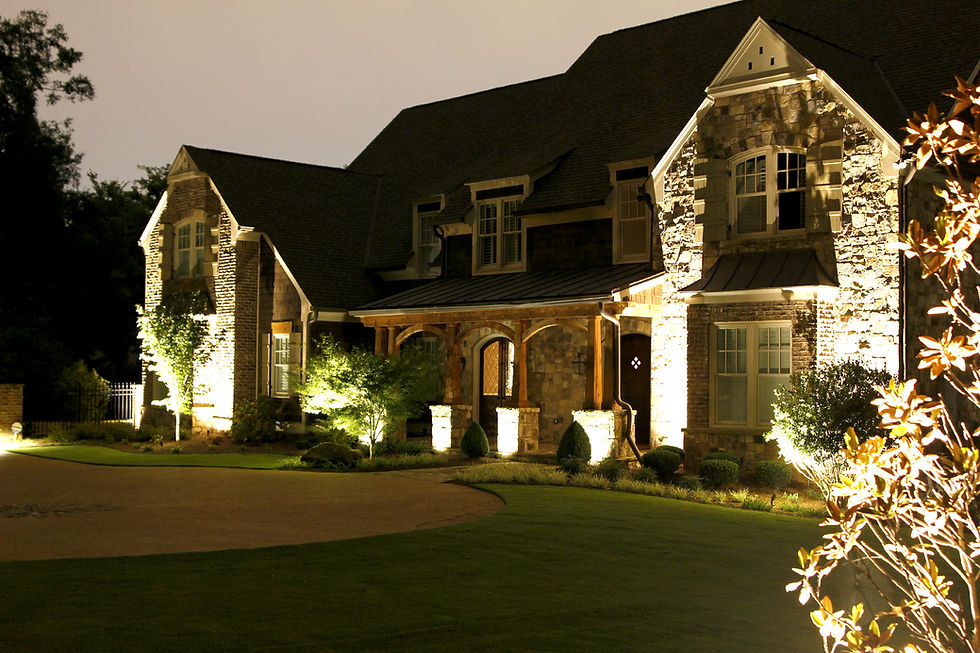Which Mulch Is Best For My Garden?
- Atlanta Pro Landscaping
- Feb 15, 2022
- 2 min read
If you're a plant lover and growing some in your garden, then you probably know the benefits of mulch. However, there are many natural mulch choices, each with its advantages and drawbacks. It can be confusing figuring out the right one as what worked for others might not suit your garden.
We've made the decision-making easier for you as this article examines the pros and cons of some of the best mulch materials around.

Pine Straw
Pine straws, or pine needles as some will call them, are excellent for preventing the growth of weed as they form a thick mat that covers the surface of the soil.
Their acidic nature when they break down makes them better suited for plants that thrive in acidic soils such as Holly, Azaleas, Begonia, and Beech.
Pine straws are also excellent for sloppy areas as they do not get washed away in heavy rains. One drawback, though, is that, as time goes on, they change to a silver-gray color you might find unattractive.
Compost
If you're looking to apply mulch without making it obvious, compost is the right choice. It looks like soil but with a darker hue.
One of the biggest advantages of compost is that while it breaks down easily, it helps feed the soil with the needed organic nutrients and improves soil structure and water-retaining capacity.
They are also very inexpensive, and you can easily create your own compost. However, compost is not an excellent weed inhibitor like pine straws.
Hay
Hay, especially if it is not feed quality and can't be used to feed animals, is a dirt-cheap mulch alternative. While it is soft, spongy, moist, and may not look great, hay is excellent for flower and vegetable gardens because of its abundance of nutrients.
However, you have to be careful using hay as it may contain weed seeds that may regerminate more often than not. The way out of this is to pile on more hays as weeds will find it difficult to grow through the heap.
Hardwood
For alkaline-loving plants, you want to go for hardwood mulches. Unlike pine straws, they break down to release alkaline into the soil, greatly benefiting plants such as Asparagus, Beets, Cabbage, Lavender, Echinacea, and others that thrive well in alkaline soil.
If you're planting neutral plants, you can compensate by adding fertilizer or sulfur. Hardwood mulch does not easily wash away and can also be used to amend your soil.

Stones
While they are more expensive than their organic alternatives, stones are a great choice for many reasons. Unlike organic mulches, they do not break down and do not need to be applied frequently.
However, small stones like pebbles can easily sink into the soil, requiring you to add more. One major drawback to using stones as mulch is that they can get hot, especially in sunny areas, thereby increasing water evaporation from the soil.
Now you know the best mulch material for your soil! Still finding it difficult to choose or have other landscaping challenges? Talk to us today.




